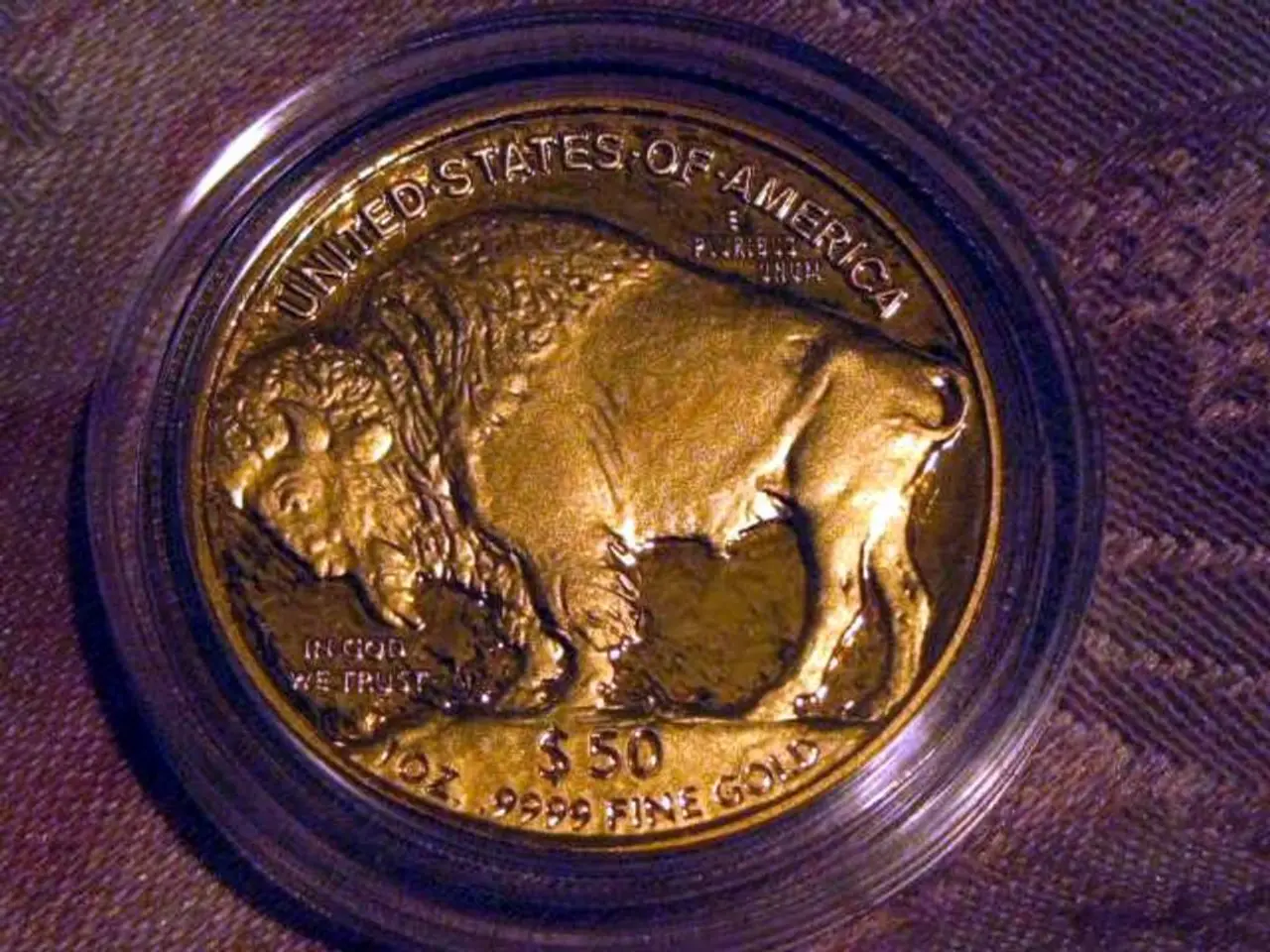Comparing Investment Options: Warner Brothers Discovery versus Disney
In the ever-evolving world of media and entertainment, two titans - Disney (DIS) and Warner Bros. Discovery (WBD) - stand out as formidable competitors. As long-term investment prospects, these companies offer unique advantages and challenges.
### Content Portfolio Disney commands an impressive array of iconic franchises, including Marvel, Star Wars, Pixar, and Disney classics, providing a diversified and highly popular content library across movies, TV, and theme parks. On the other hand, Warner Bros. Discovery, following its merger of WarnerMedia and Discovery assets, boasts a strong IP portfolio. This includes HBO, CNN, DC Universe, Harry Potter, and Discovery Channel brands, blending prestige scripted content with lifestyle and factual programming. Upcoming film releases like "Superman" may bolster growth.
### CEO Leadership Disney's leadership under CEO Bob Iger has been historically praised for strategic content acquisitions and expansion into streaming. Warner Bros. Discovery’s leadership, under David Zaslav since 2006, has focused on integrating two major media companies since the 2022 merger, aggressively cutting debt and driving streaming growth amidst legacy TV declines.
### Subscriber Growth and Streaming WBD's streaming platform (Max, soon rebranded back to HBO Max) demonstrated a remarkable 295% adjusted EBITDA growth in Q2 2025, with global subscribers hitting 122.3 million, driven by international expansion. Disney+'s subscriber numbers were not detailed in the search results, but the platform holds significant market share and faces intense competition.
### Valuation Financially, WBD's low EV/EBITDA multiple indicates it is undervalued relative to peers like Disney and Netflix, suggesting potential upside if streaming growth and debt reduction continue successfully. Disney, with a larger market cap and more controlled debt, offers a more stable investment, but its higher valuation multiples reflect its market leadership.
### Stock Performance Over the past year, WBD’s stock rally has outpaced Disney’s, despite recent volatility. However, WBD still faces challenges with legacy segment revenue declines and heavy debt burdens, which introduce risk.
### Conclusion Disney offers stability, a broad and beloved content library, and proven leadership in media with a strong balance sheet. Warner Bros. Discovery presents a potentially undervalued opportunity with rapid streaming growth, a powerful combined content portfolio, and ongoing debt reduction, albeit with higher risk due to legacy media decline and leverage.
For a more conservative, stable long-term investment, Disney is generally considered stronger. For investors willing to accept risk in exchange for higher potential upside linked to streaming turnaround and restructuring, Warner Bros. Discovery could be a better value play at current valuations. Both companies have significant global reach and content power, but Disney’s market leadership and financial strength make it the safer long-term choice, while WBD offers a compelling growth story with its low valuation and improving streaming momentum.
Investing in Disney provides a more stable, long-term opportunity due to its market leadership, broad and beloved content library, and strong financial position. On the other hand, Warner Bros. Discovery potentially offers a higher growth potential, given its low EV/EBITDA multiple, rapid streaming growth, and improving streaming momentum. However, it comes with higher risk due to legacy media decline and heavy debt burdens. Thus, the choice between these two companies boils down to one's risk tolerance and investment objectives in the realm of business, finance, and entertainment.







